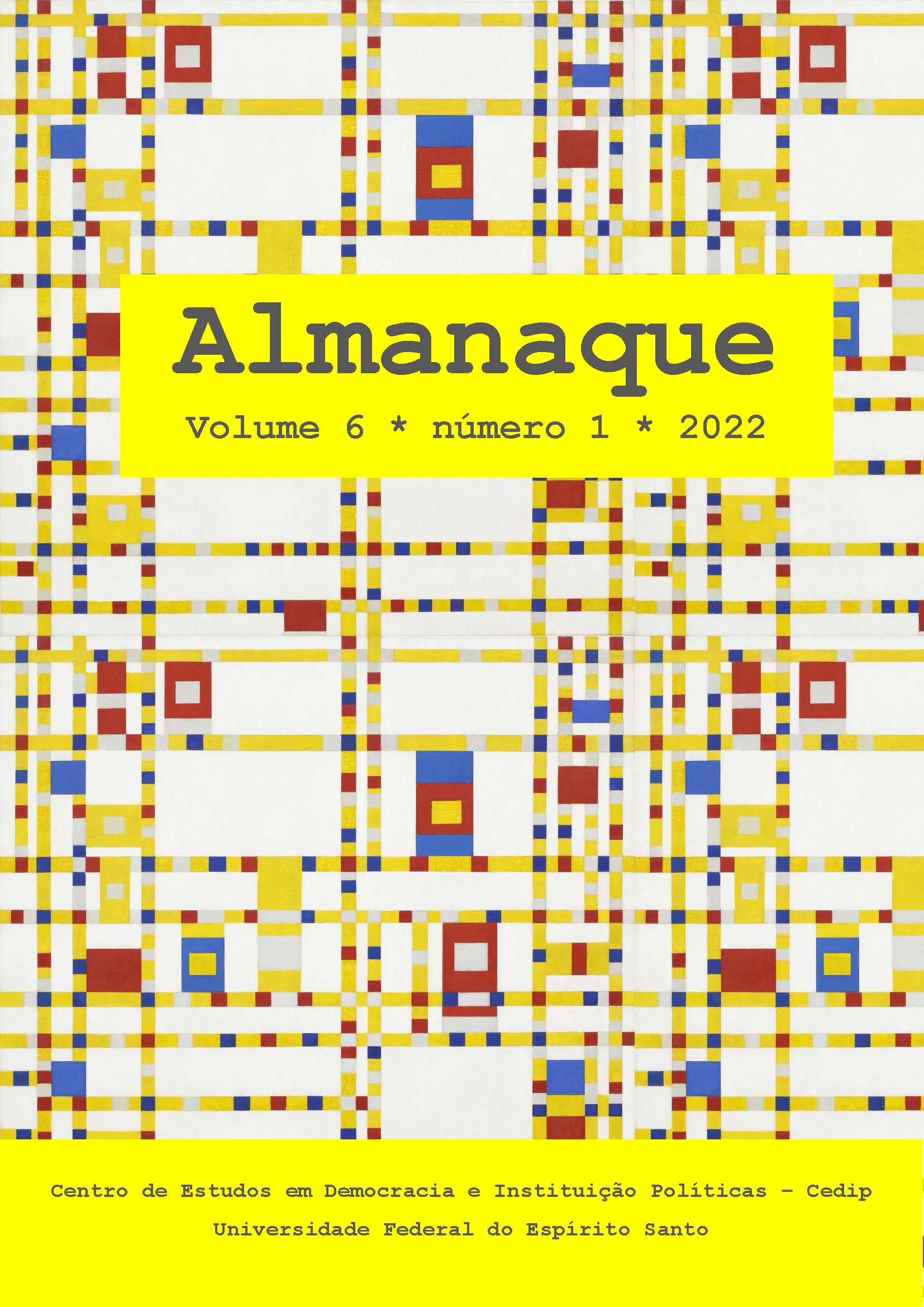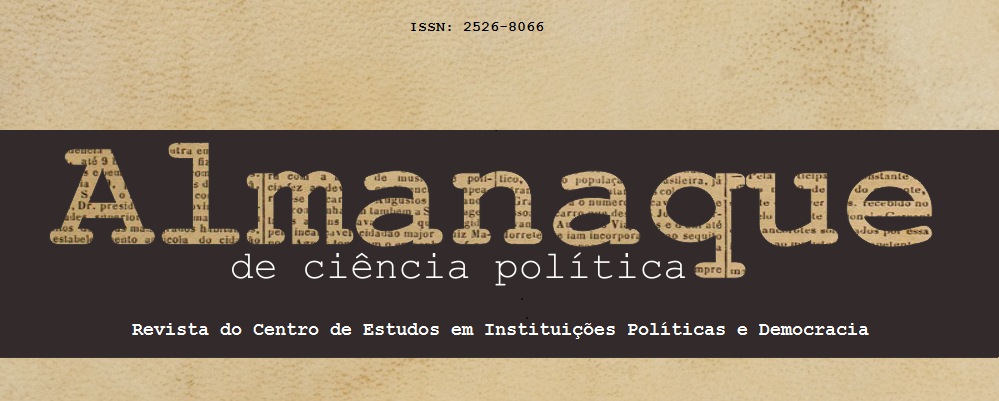Brazilian cultural policies in the Vargas Era (1930-1945) and in the Military Dictatorship (1964-1985)
Abstract
This paper aims to investigate the development of Brazilian cultural policies during the Vargas Era (1930-1945) and the Military Dictatorship (1964-1985), drawing a parallel between the two periods. The research has a qualitative, descriptive and analytical character and adopts as theoretical reference articles from the main bases of scientific production and books on the subject. After a brief introduction, the concepts of the main authors used as support for this work will be presented – Calabre (2006; 2009; 2014); Ferron e Arruda (2019); Botelho (2020); Rubim (2007); Rubim e Rocha (2020) –, followed by the description and analysis of the results obtained. In the last section, the final considerations point out that, in the Brazilian scenario, due to the misuse of bureaucracy in the State, many public policy actions are hindered in their realization.
Downloads
Published
Issue
Section
License
Proposta de Política para Periódicos de Acesso Livre
Os autores mantém os direitos autorais das ideias contidas nos trabalhos e concedem à revista o direito de publicação. Os autores têm autorização para assumir contratos adicionais separadamente, para distribuição não-exclusiva da versão do trabalho publicada nesta revista (ex.: publicar em repositório institucional ou como capítulo de livro), com reconhecimento de autoria e publicação inicial nesta revista.
Os textos da revista estão licenciados com uma Licença Creative Commons Atribuição-NãoComercial-SemDerivações 4.0 Internacional (CC BY-NC-ND).






